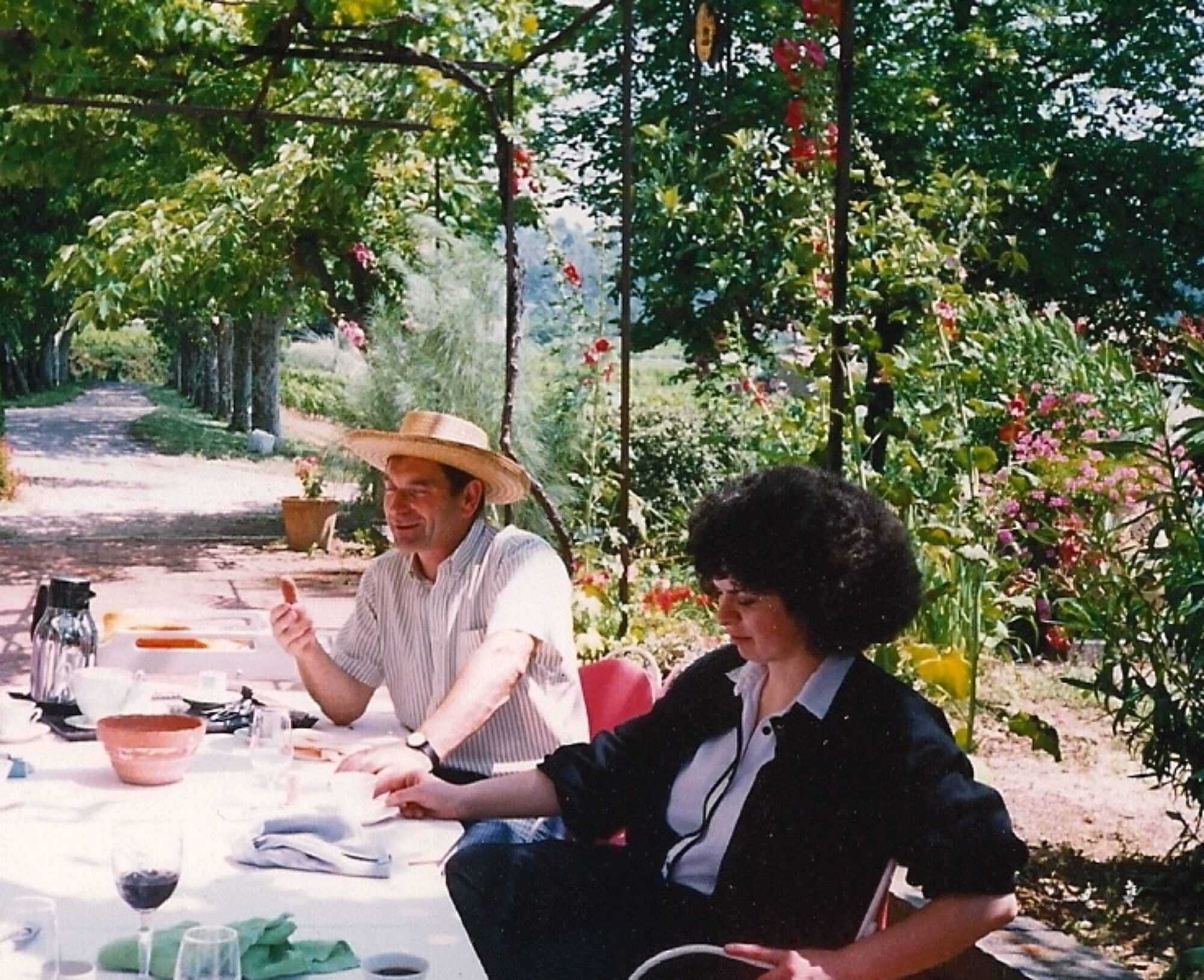At the end of every storm we’ve grown used
to we feel exposed. There is too much light.
Gone the swaths of cloud wind tore like
clotted bandages from the tarnished tin sky.
We hear blood reverberating in our ears,
wonder whether others divine our thought’s
tempest. Aren’t our minds crossed with roiling
squall the better to conceal the tack of our bark?
Something is over. That is enough.
Yet wouldn’t we rather it not? We’re so
naked when calm. When spasms abate,
we’re alone, seeking out pangs like old friends
who suddenly are gone. Through a bright cleft
in the clouds sunbeams rain down upon us.
*
An uncharacteristic spate of early spring storms spurred me to feature this poem, one of a series of sonnets and near sonnets under the title of “Noumena”, which roughly translates from the Greek noumena (νοούμενα) as things thought, as opposed to phenomena, perceptible things.
My Noumena are admittedly abstruse, difficult poems which point toward what sometimes appear to be forms behind words themselves, much like the poetry of some French symbolistes did.
But there are hidden psychological forces which call such and such a poem to mind, including those we have written ourselves.
In “Chaparral Sunset” I was surprised to find that I had been writing about my own death.
“Iris” is on the other hand a poem evoking the light following a storm, simply put: hope.
By the time I posted this, it had become impossible for me to read this it as other than a response to the covid pandemic.
